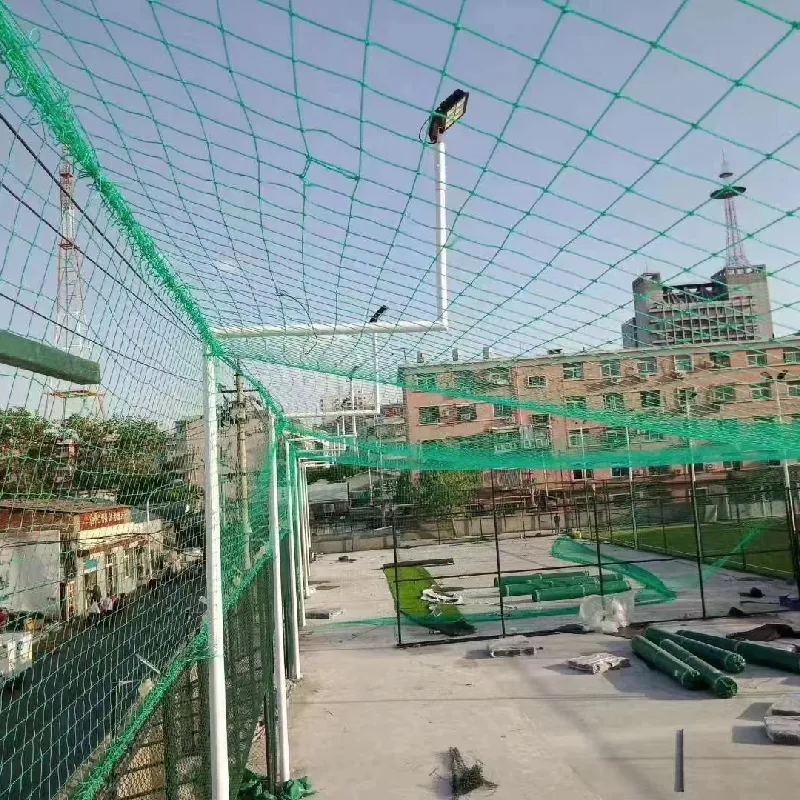-
 Afrikaans
Afrikaans -
 Albanian
Albanian -
 Amharic
Amharic -
 Arabic
Arabic -
 Armenian
Armenian -
 Azerbaijani
Azerbaijani -
 Basque
Basque -
 Belarusian
Belarusian -
 Bengali
Bengali -
 Bosnian
Bosnian -
 Bulgarian
Bulgarian -
 Catalan
Catalan -
 Cebuano
Cebuano -
 China
China -
 Corsican
Corsican -
 Croatian
Croatian -
 Czech
Czech -
 Danish
Danish -
 Dutch
Dutch -
 English
English -
 Esperanto
Esperanto -
 Estonian
Estonian -
 Finnish
Finnish -
 French
French -
 Frisian
Frisian -
 Galician
Galician -
 Georgian
Georgian -
 German
German -
 Greek
Greek -
 Gujarati
Gujarati -
 Haitian Creole
Haitian Creole -
 hausa
hausa -
 hawaiian
hawaiian -
 Hebrew
Hebrew -
 Hindi
Hindi -
 Miao
Miao -
 Hungarian
Hungarian -
 Icelandic
Icelandic -
 igbo
igbo -
 Indonesian
Indonesian -
 irish
irish -
 Italian
Italian -
 Japanese
Japanese -
 Javanese
Javanese -
 Kannada
Kannada -
 kazakh
kazakh -
 Khmer
Khmer -
 Rwandese
Rwandese -
 Korean
Korean -
 Kurdish
Kurdish -
 Kyrgyz
Kyrgyz -
 Lao
Lao -
 Latin
Latin -
 Latvian
Latvian -
 Lithuanian
Lithuanian -
 Luxembourgish
Luxembourgish -
 Macedonian
Macedonian -
 Malgashi
Malgashi -
 Malay
Malay -
 Malayalam
Malayalam -
 Maltese
Maltese -
 Maori
Maori -
 Marathi
Marathi -
 Mongolian
Mongolian -
 Myanmar
Myanmar -
 Nepali
Nepali -
 Norwegian
Norwegian -
 Norwegian
Norwegian -
 Occitan
Occitan -
 Pashto
Pashto -
 Persian
Persian -
 Polish
Polish -
 Portuguese
Portuguese -
 Punjabi
Punjabi -
 Romanian
Romanian -
 Russian
Russian -
 Samoan
Samoan -
 Scottish Gaelic
Scottish Gaelic -
 Serbian
Serbian -
 Sesotho
Sesotho -
 Shona
Shona -
 Sindhi
Sindhi -
 Sinhala
Sinhala -
 Slovak
Slovak -
 Slovenian
Slovenian -
 Somali
Somali -
 Spanish
Spanish -
 Sundanese
Sundanese -
 Swahili
Swahili -
 Swedish
Swedish -
 Tagalog
Tagalog -
 Tajik
Tajik -
 Tamil
Tamil -
 Tatar
Tatar -
 Telugu
Telugu -
 Thai
Thai -
 Turkish
Turkish -
 Turkmen
Turkmen -
 Ukrainian
Ukrainian -
 Urdu
Urdu -
 Uighur
Uighur -
 Uzbek
Uzbek -
 Vietnamese
Vietnamese -
 Welsh
Welsh -
 Bantu
Bantu -
 Yiddish
Yiddish -
 Yoruba
Yoruba -
 Zulu
Zulu
plastic poultry netting
The Versatility and Benefits of Plastic Poultry Netting
Poultry farming plays a vital role in the agricultural industry, providing a significant source of protein for millions of people worldwide. As farms evolve to incorporate modern practices, one critical element that has gained popularity is plastic poultry netting. This innovative material serves a variety of purposes, enhancing both the efficiency and welfare of poultry operations.
Plastic poultry netting is primarily used for fencing and protection. Unlike traditional metal or wood pens, plastic netting is lightweight, durable, and resistant to rust and decay. This feature makes it an ideal choice for farmers who seek longevity and minimal maintenance in their farm installations. The ease of installation also means that poultry owners can set up pens quickly and without extensive labor, allowing more time to focus on the birds' care and overall farm management.
One significant advantage of plastic poultry netting is its versatility. It can be used in various configurations, whether it’s for enclosing a large free-range area or creating smaller pens for chicks. The netting’s flexible nature allows it to be adapted to different terrains, ensuring that the poultry remains secure both during the day and at night.
Moreover, plastic poultry netting is designed to provide adequate visibility and ventilation. The open mesh allows for airflow, which is essential for maintaining a healthy environment for birds. Proper ventilation reduces the risk of respiratory illnesses and creates a more comfortable habitat. Additionally, the visibility afforded by the netting lets farmers monitor their flocks easily, ensuring that any potential issues can be addressed quickly.
plastic poultry netting

Safety is another critical aspect where plastic poultry netting excels
. It acts as a barrier against predators such as foxes, raccoons, and birds of prey, which can pose a significant threat to poultry, particularly free-range birds. This form of netting effectively deters these potential dangers while also allowing the birds to enjoy the outdoors, promoting their natural behavior of foraging and roaming.In terms of sustainability, plastic poultry netting presents environmental benefits as well. Many types of plastic netting are manufactured from recycled materials or are recyclable themselves, appealing to the growing number of environmentally conscious farmers. By opting for plastic, farmers can reduce their reliance on untreated wood that contributes to deforestation, and they can minimize their waste due to the durability of plastic products.
Despite its many advantages, some farmers may have concerns regarding the potential for plastic netting to degrade over time, especially when exposed to harsh weather conditions. However, advancements in manufacturing techniques have led to the production of UV-resistant netting, designed to withstand the sun's rays and other elements, extending its lifespan significantly. As such, the investment in quality plastic poultry netting can yield substantial long-term benefits.
When selecting plastic poultry netting, factors such as mesh size, thickness, and purpose should be considered. Different mesh sizes can offer varying levels of protection depending on the type of poultry being raised—smaller mesh is generally preferred for chicks or smaller birds to prevent escape and protect against smaller predators, whereas larger mesh may be suitable for mature poultry.
In conclusion, plastic poultry netting stands out as a practical solution for modern poultry farming. Offering a blend of durability, flexibility, and safety, it meets the diverse needs of today’s poultry farmers while promoting animal welfare and environmental sustainability. By investing in quality plastic netting, farmers can not only protect their flocks but also facilitate a more efficient and humane approach to poultry rearing, ensuring both productivity and the well-being of their animals. As the agricultural landscape continues to evolve, products like plastic poultry netting will remain indispensable tools for successful poultry management.
-
Shipping Plastic Bags for Every NeedNewsJul.24,2025
-
Safety Netting: Your Shield in ConstructionNewsJul.24,2025
-
Plastic Mesh Netting for Everyday UseNewsJul.24,2025
-
Nylon Netting for Every UseNewsJul.24,2025
-
Mesh Breeder Box for Fish TanksNewsJul.24,2025
-
Expanded Steel Mesh Offers Durable VersatilityNewsJul.24,2025











